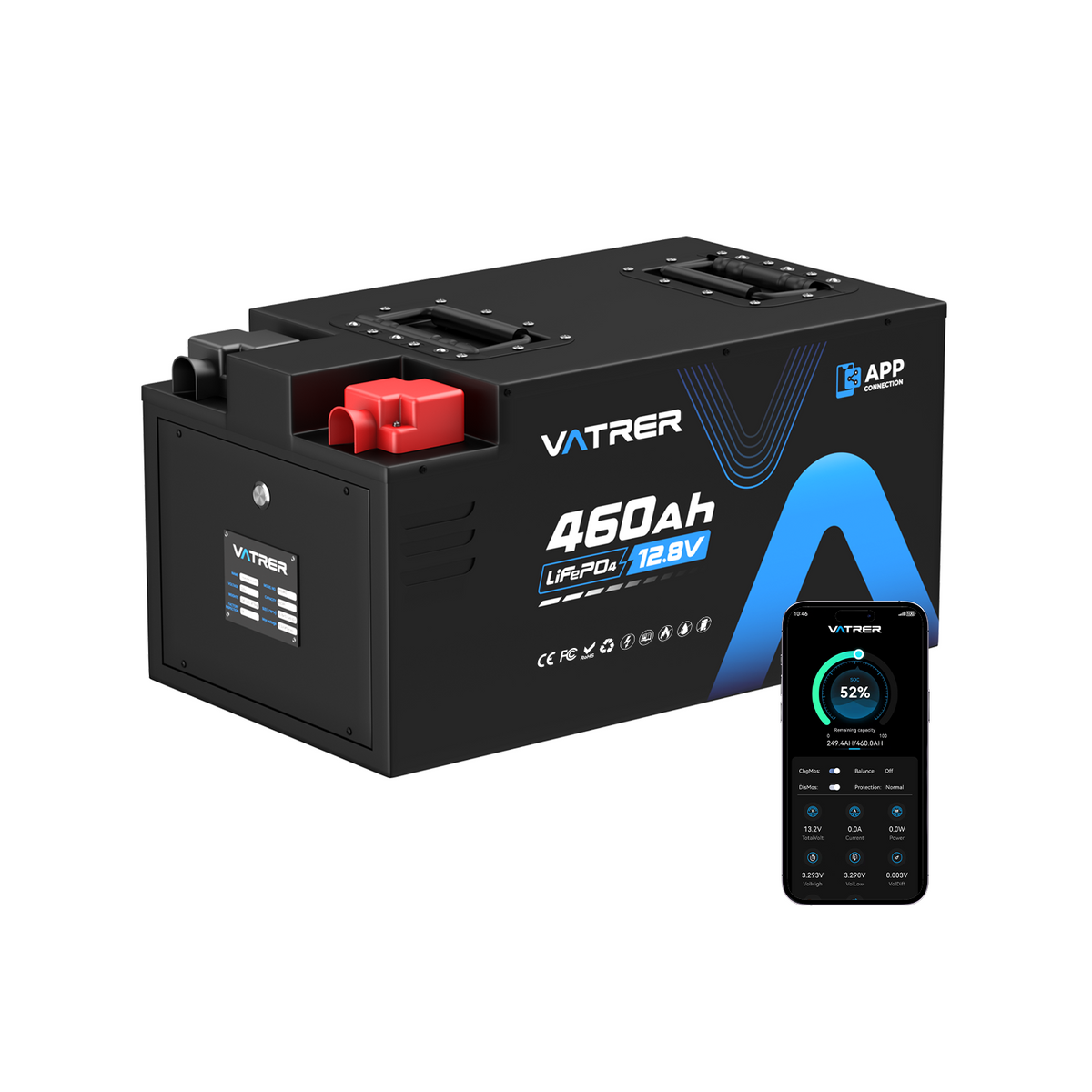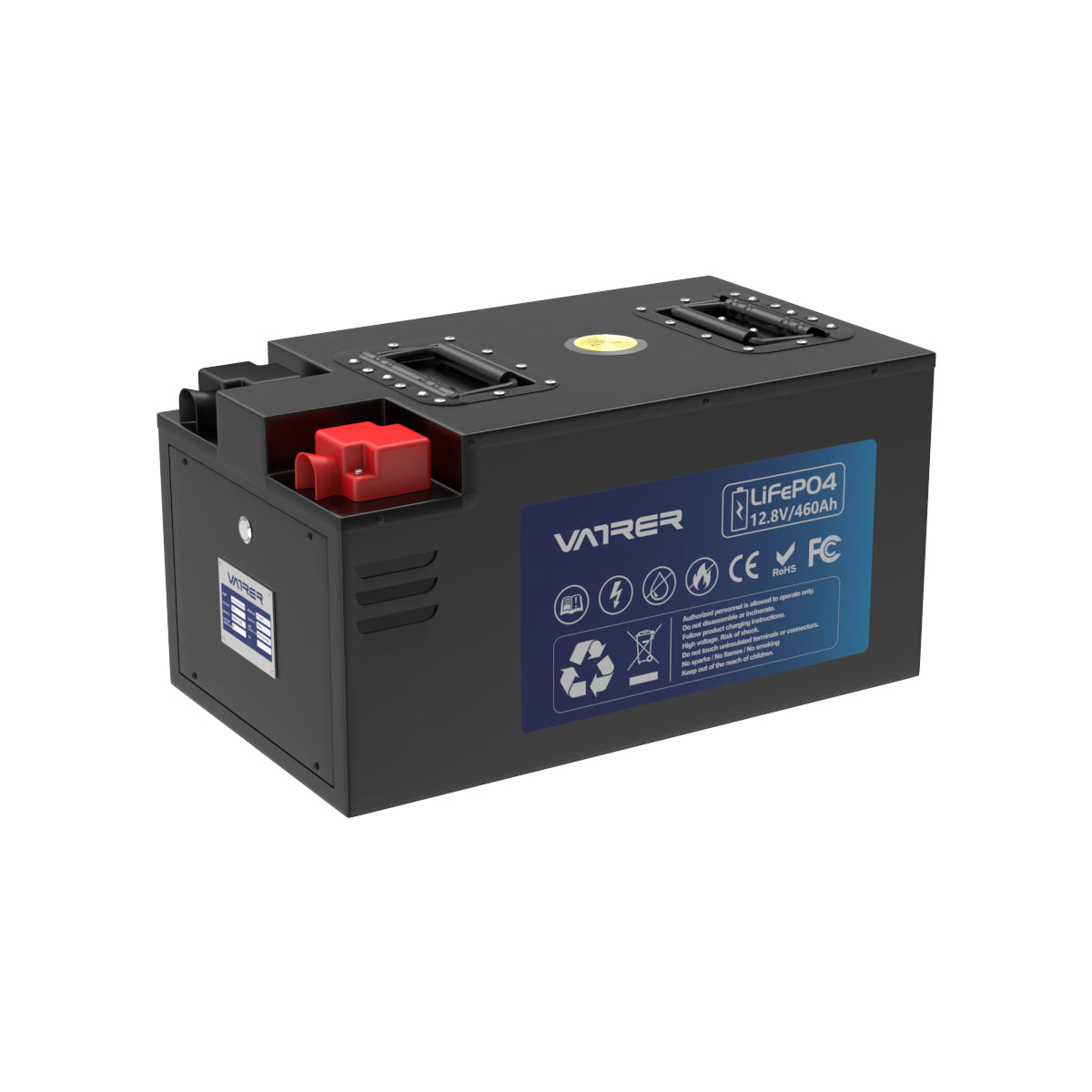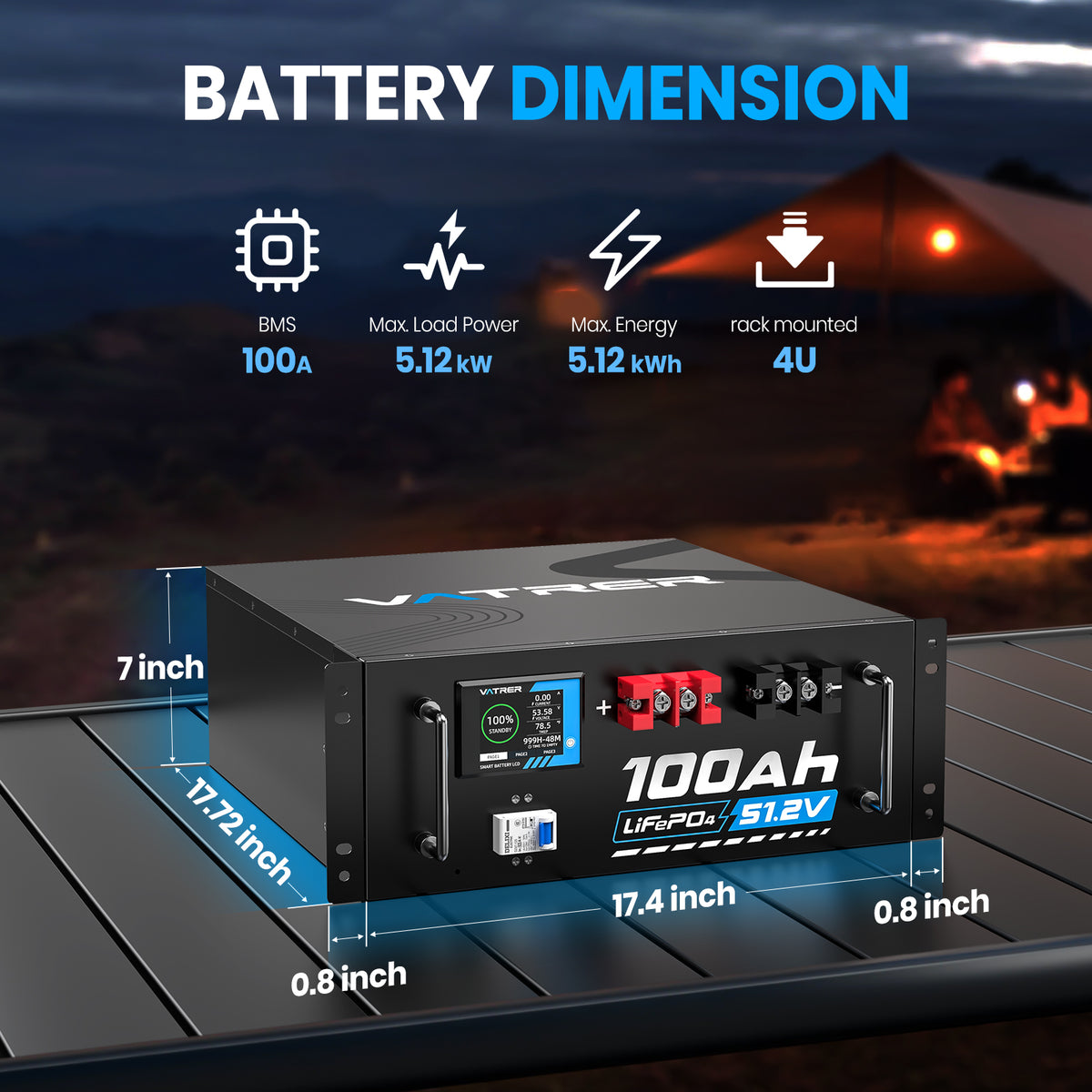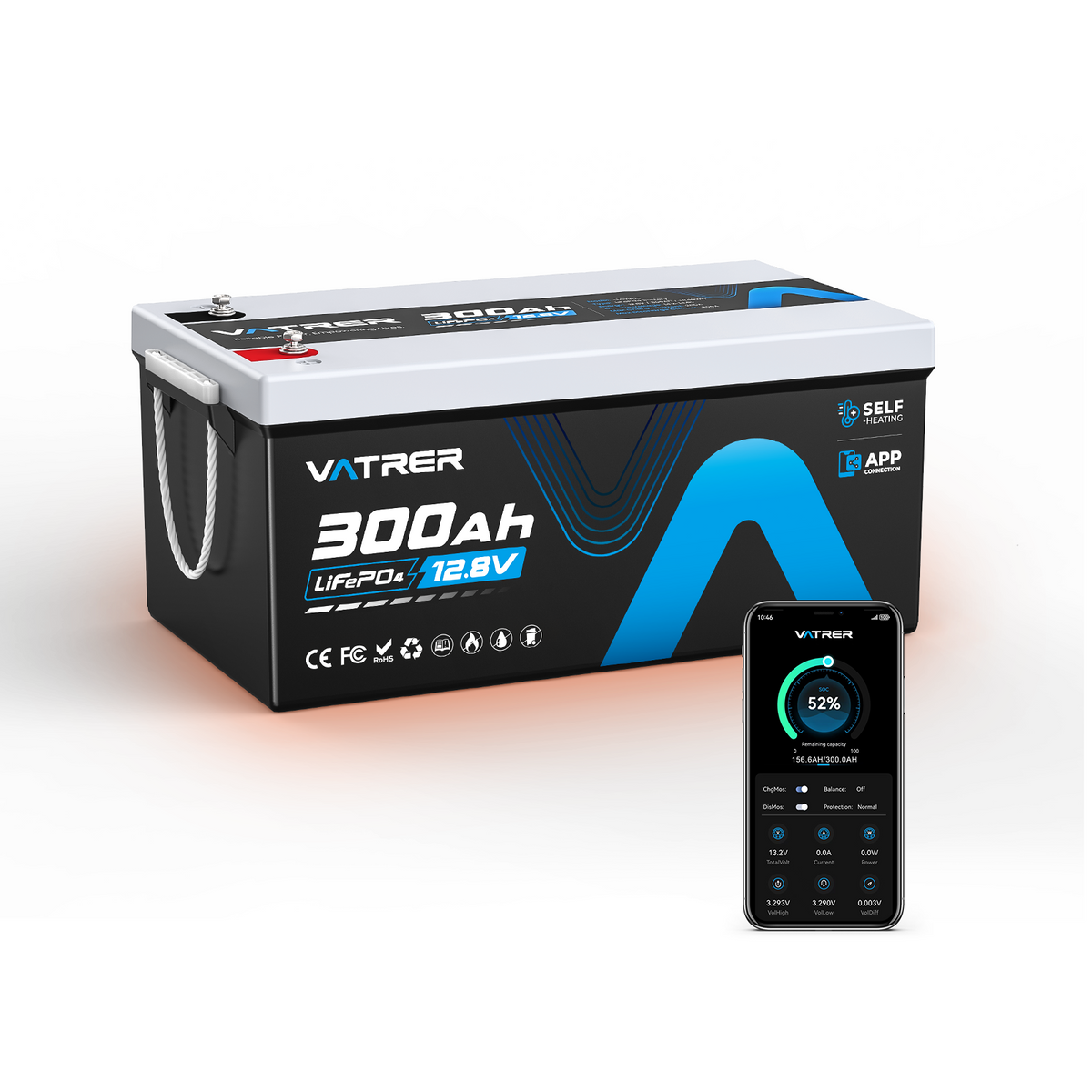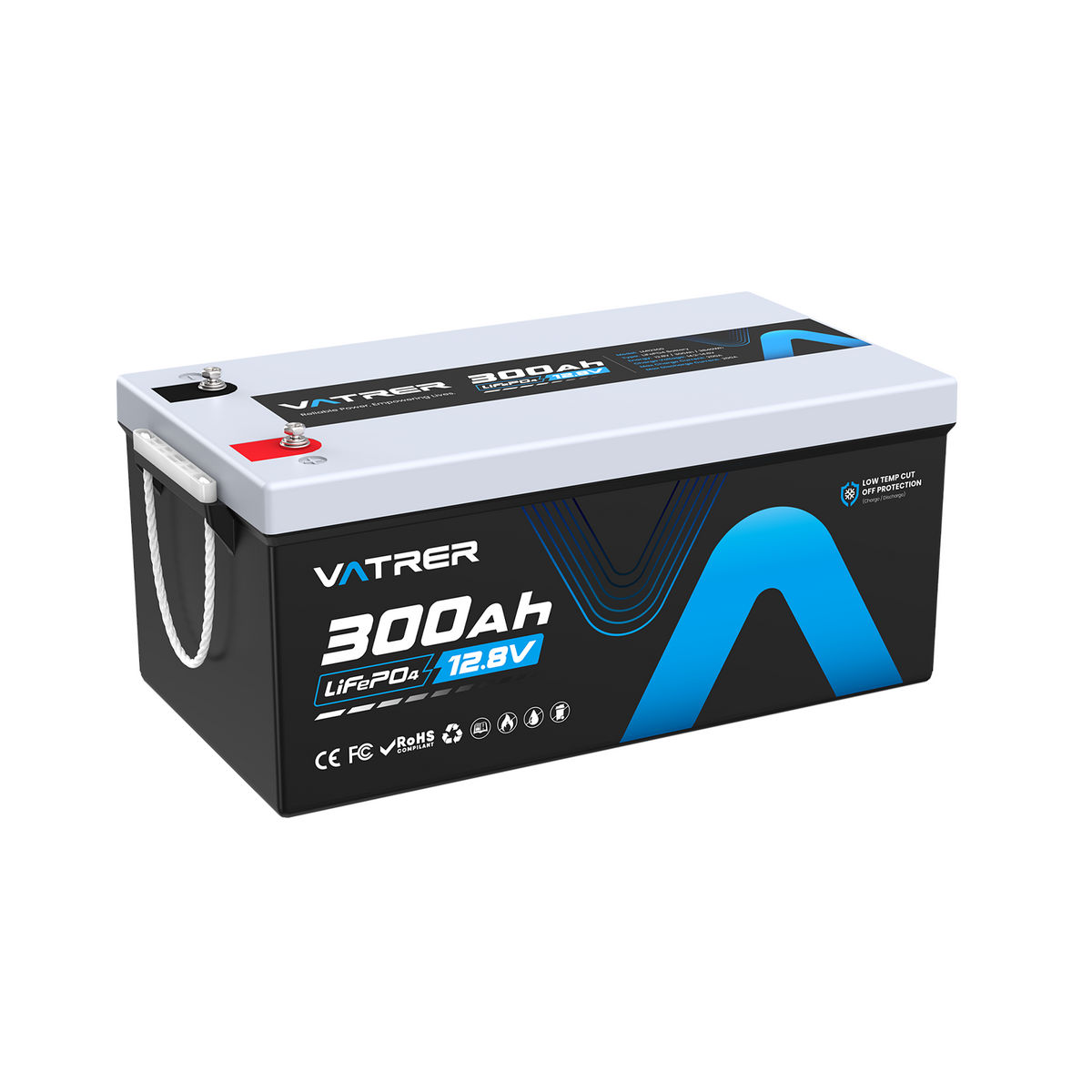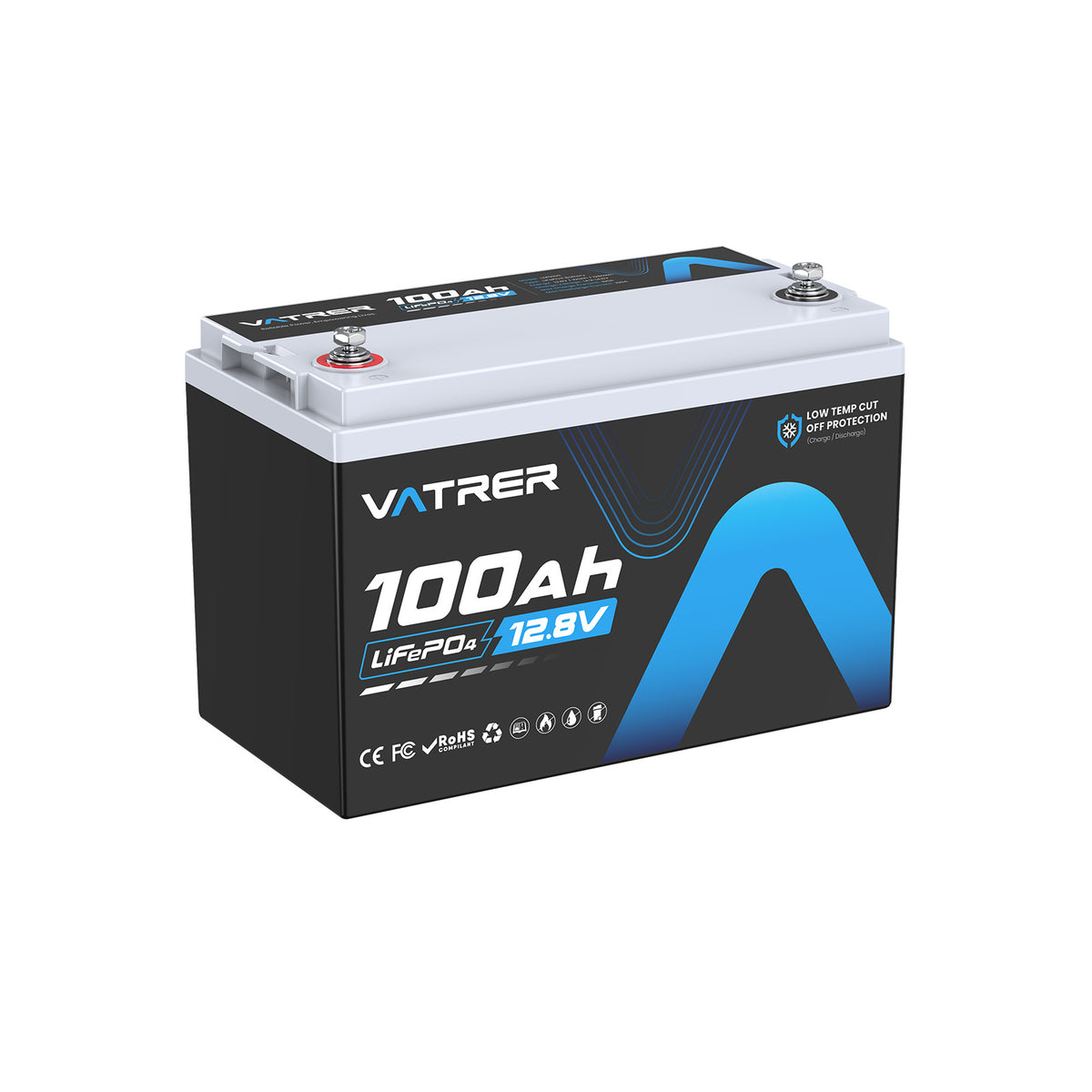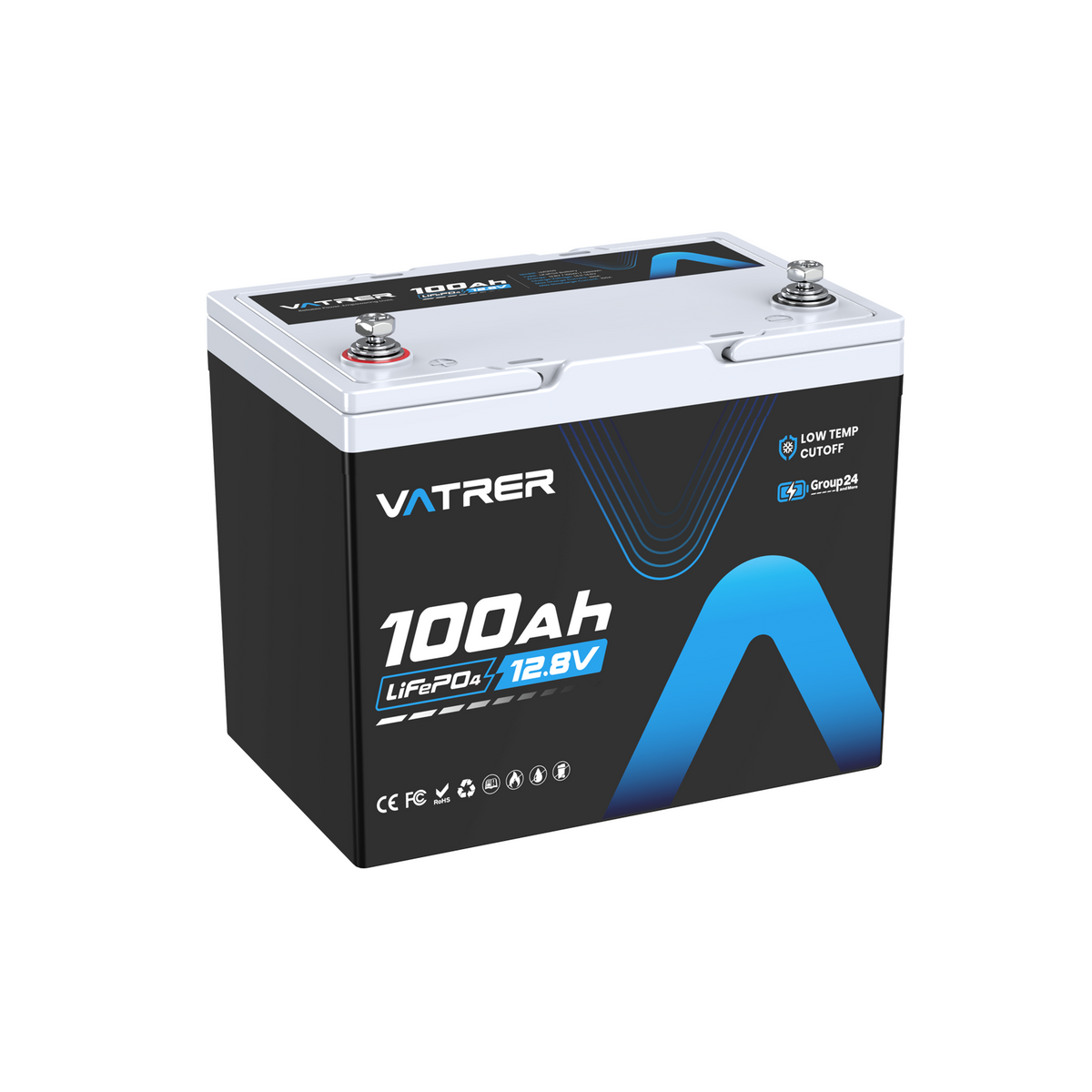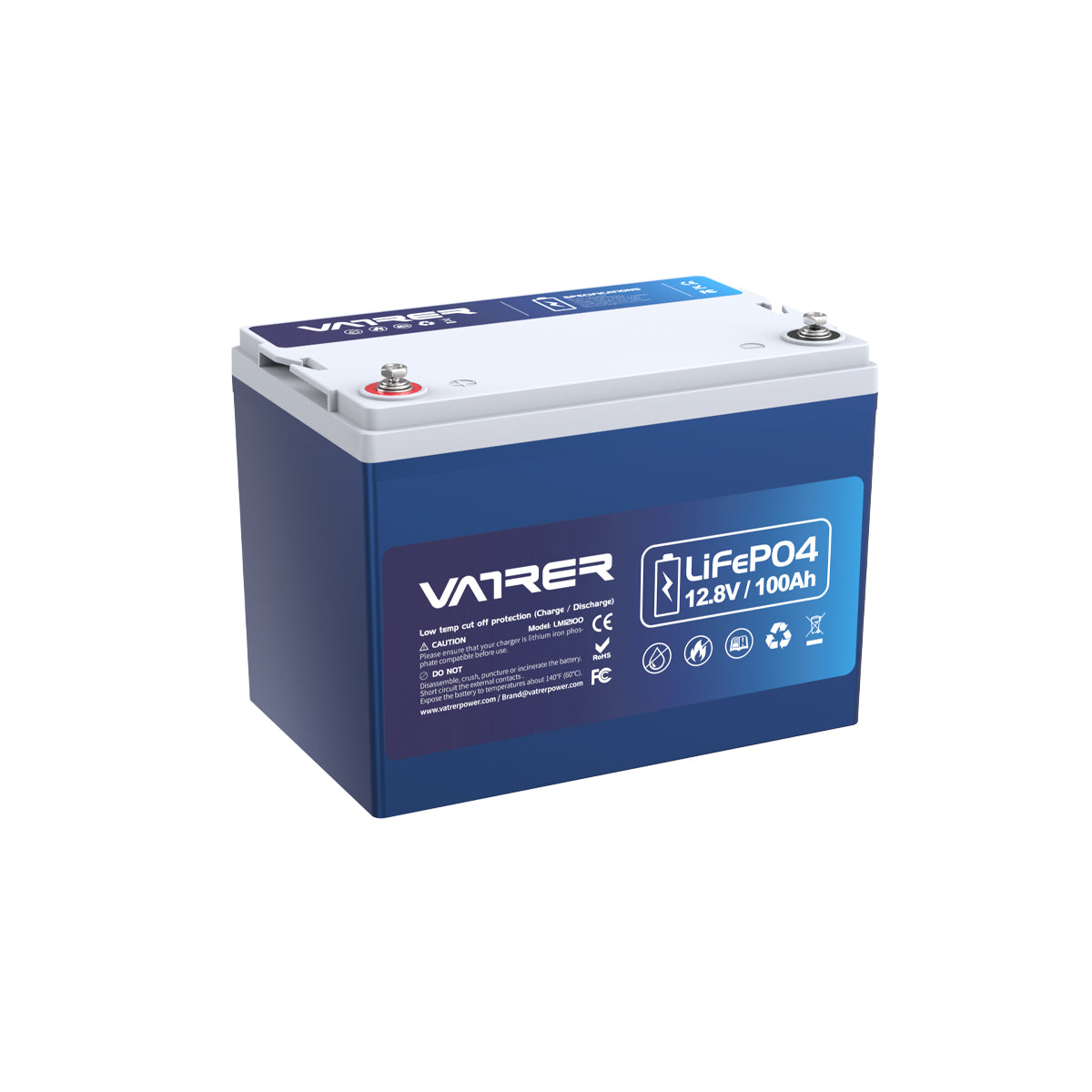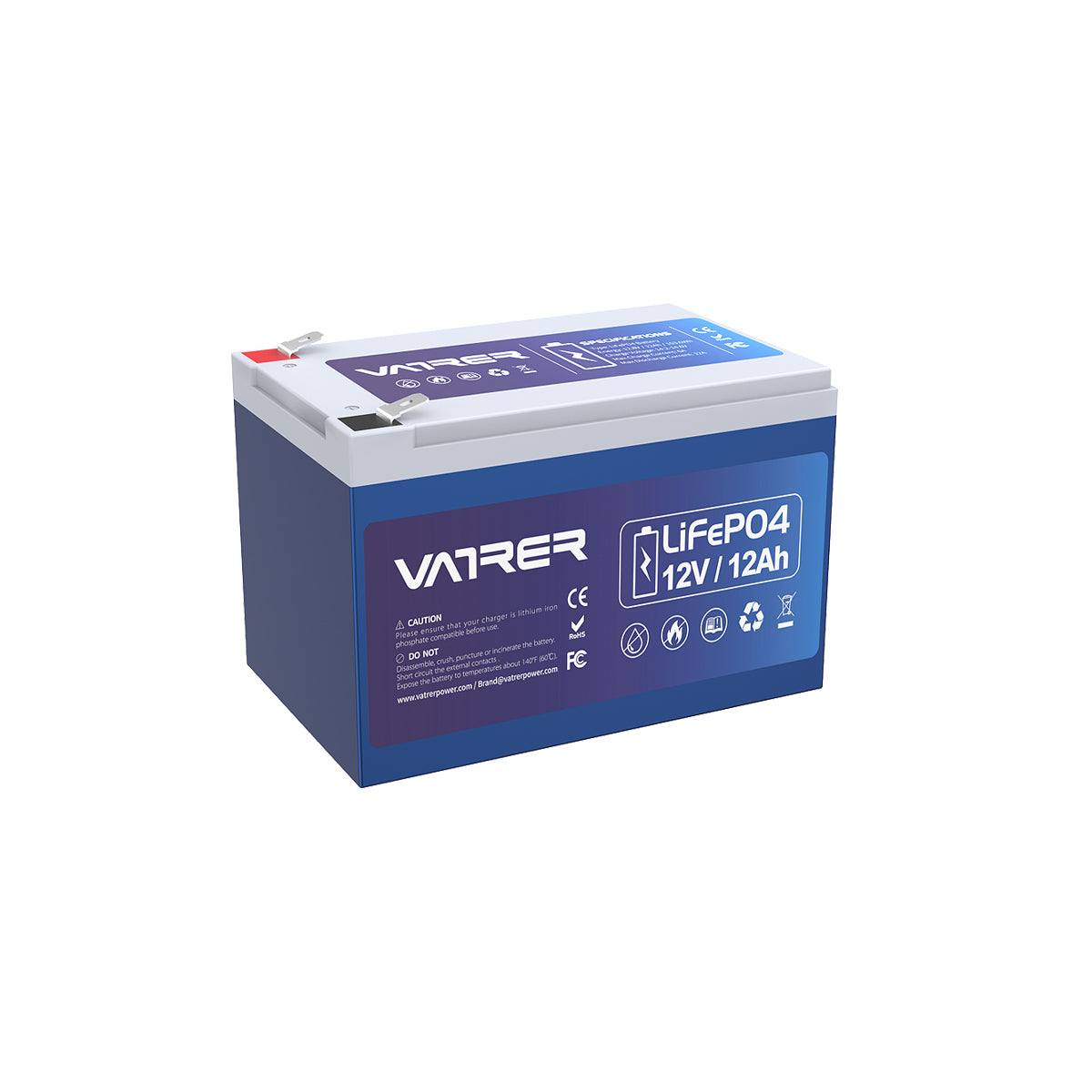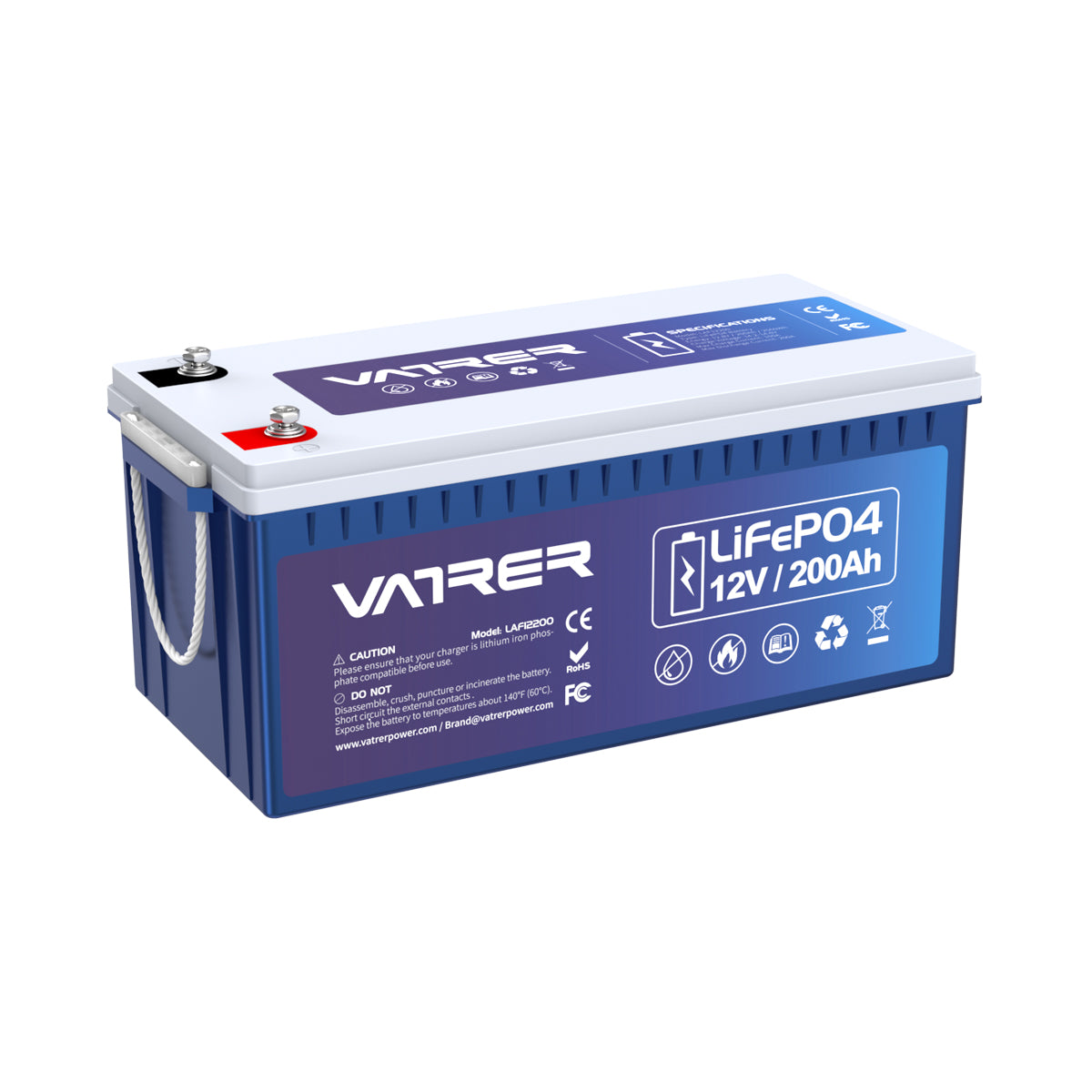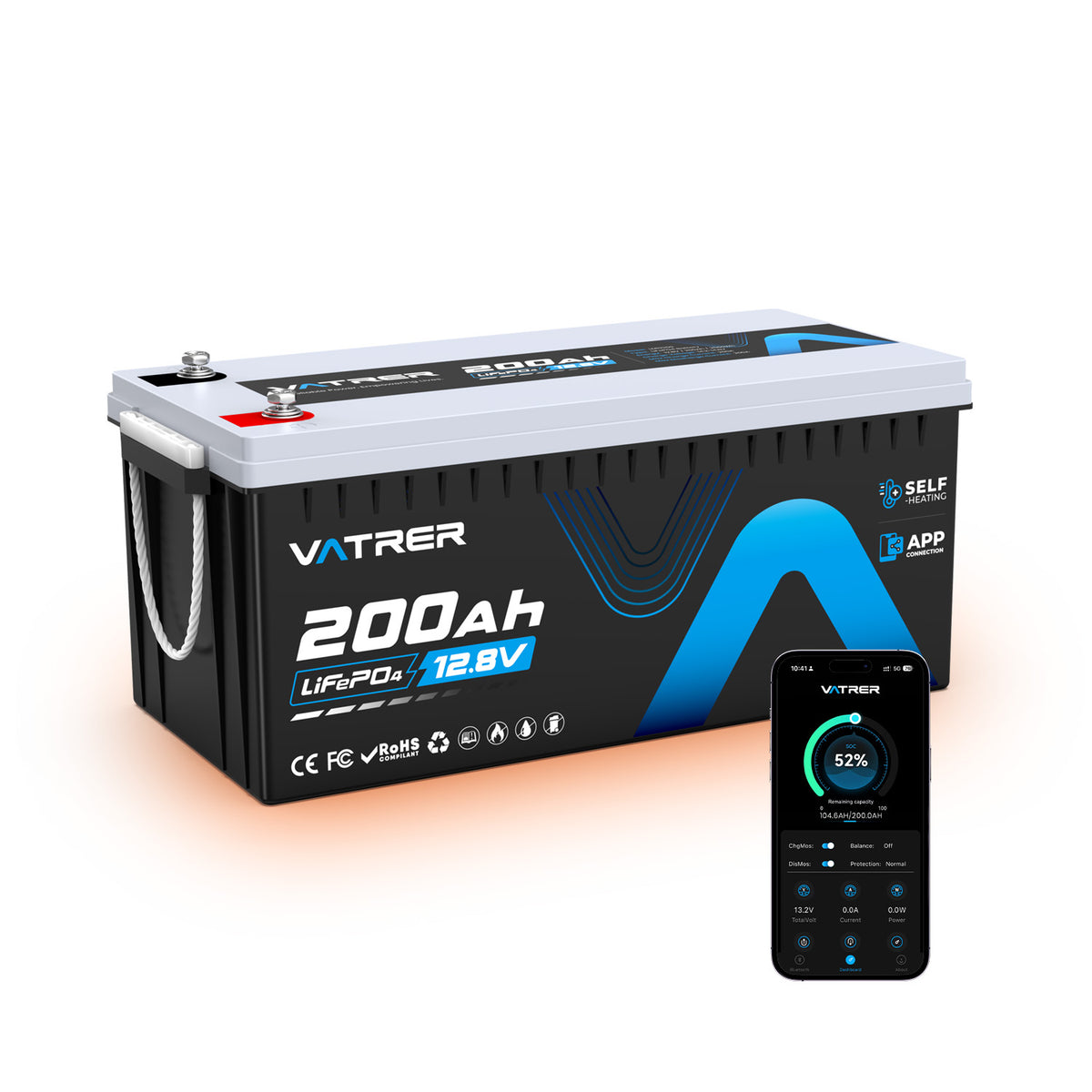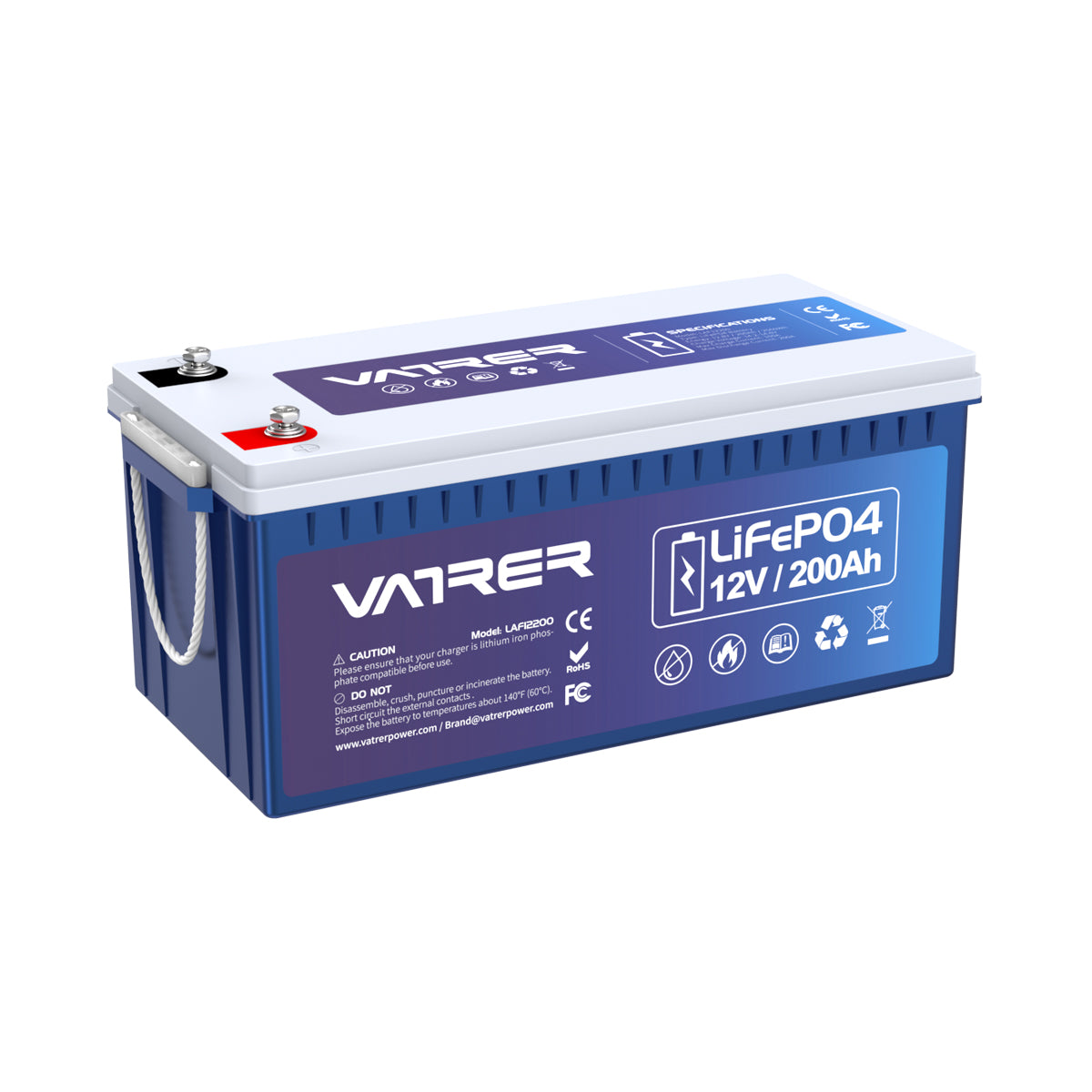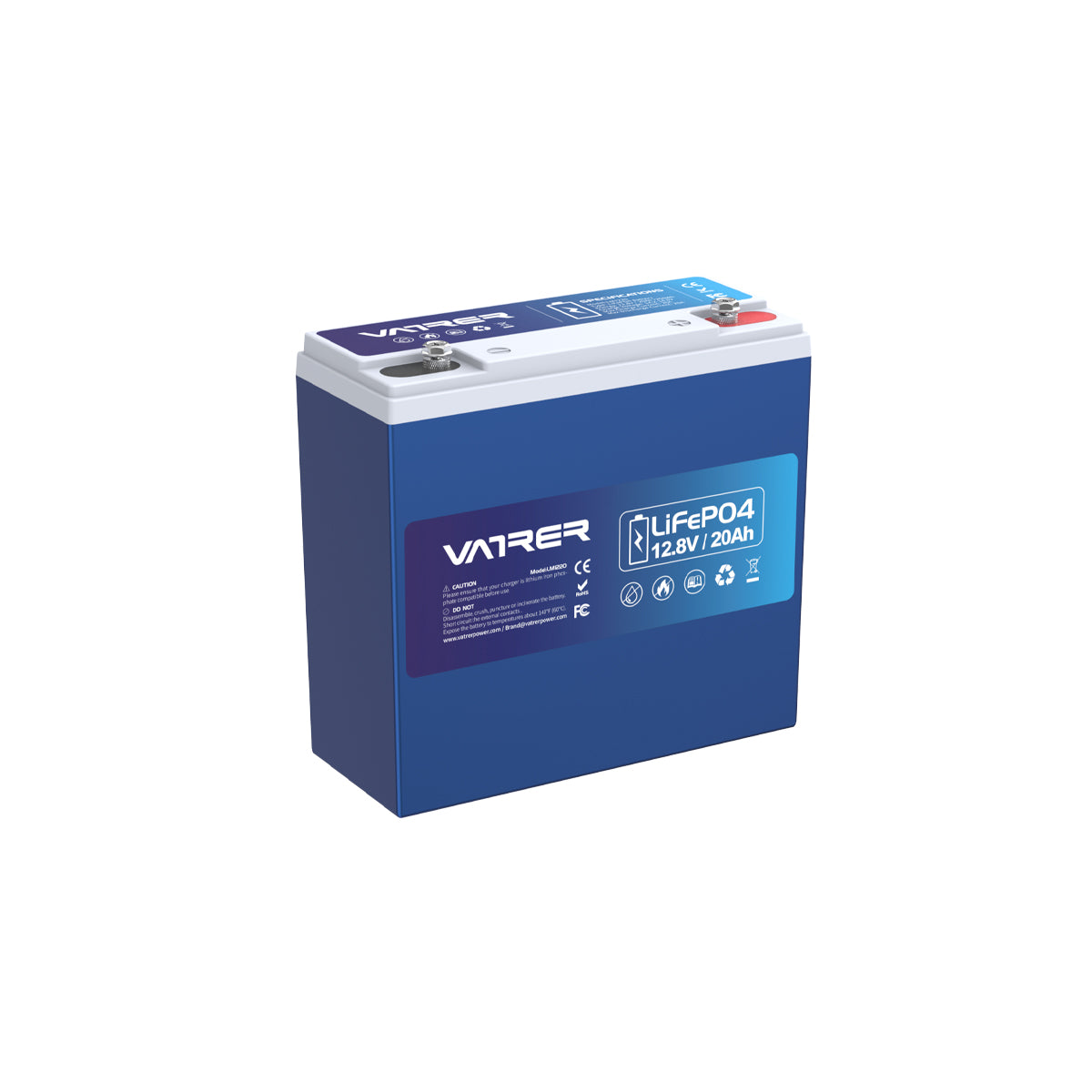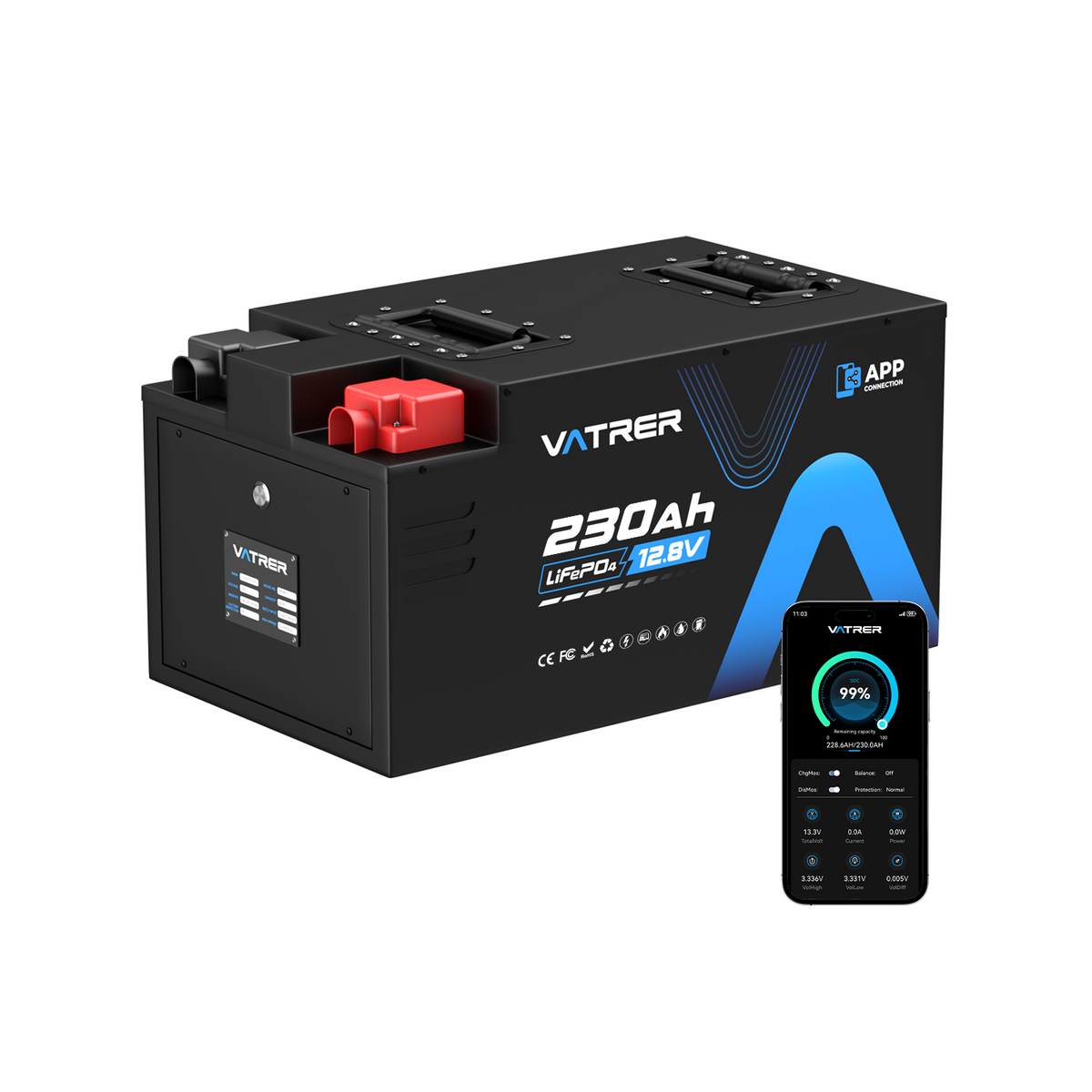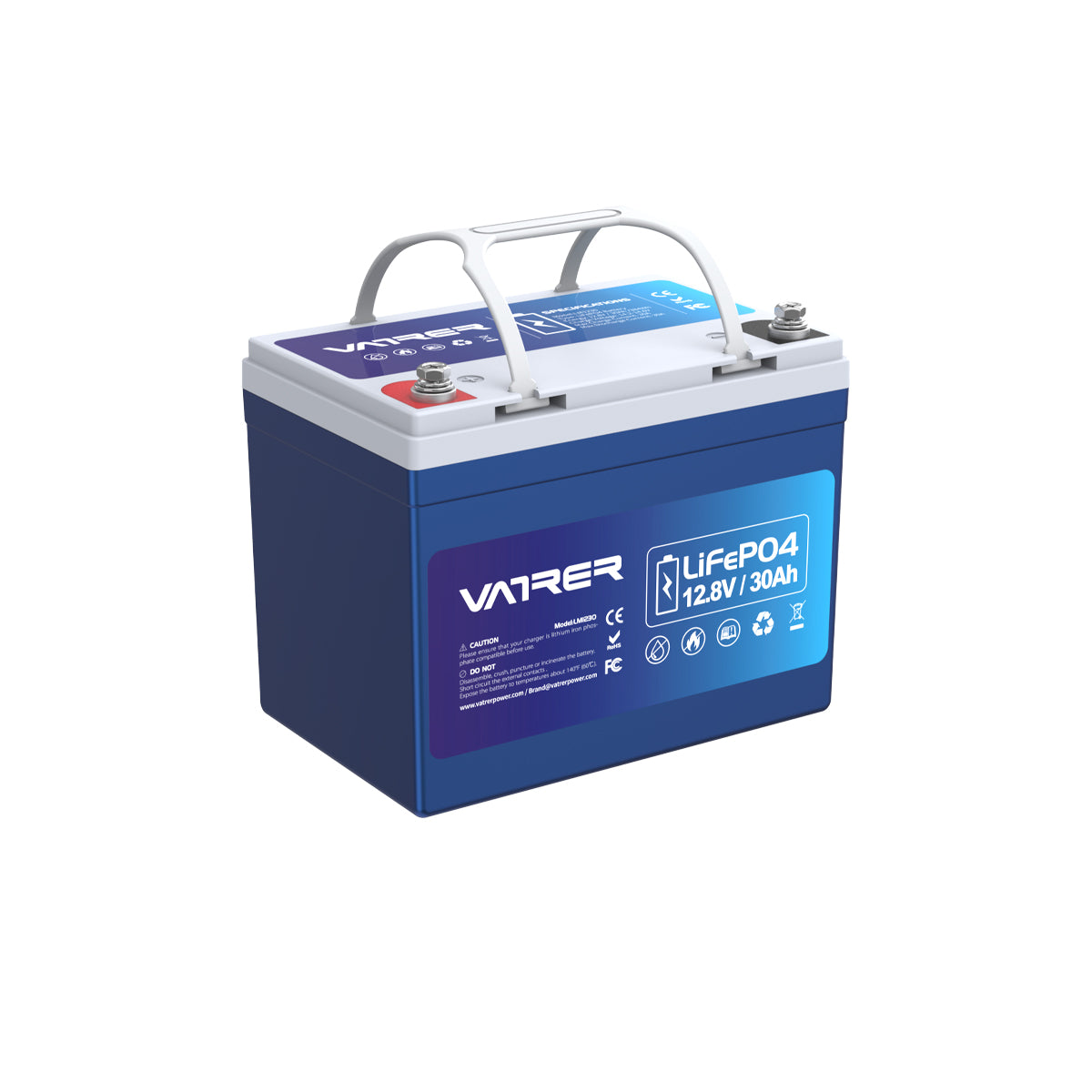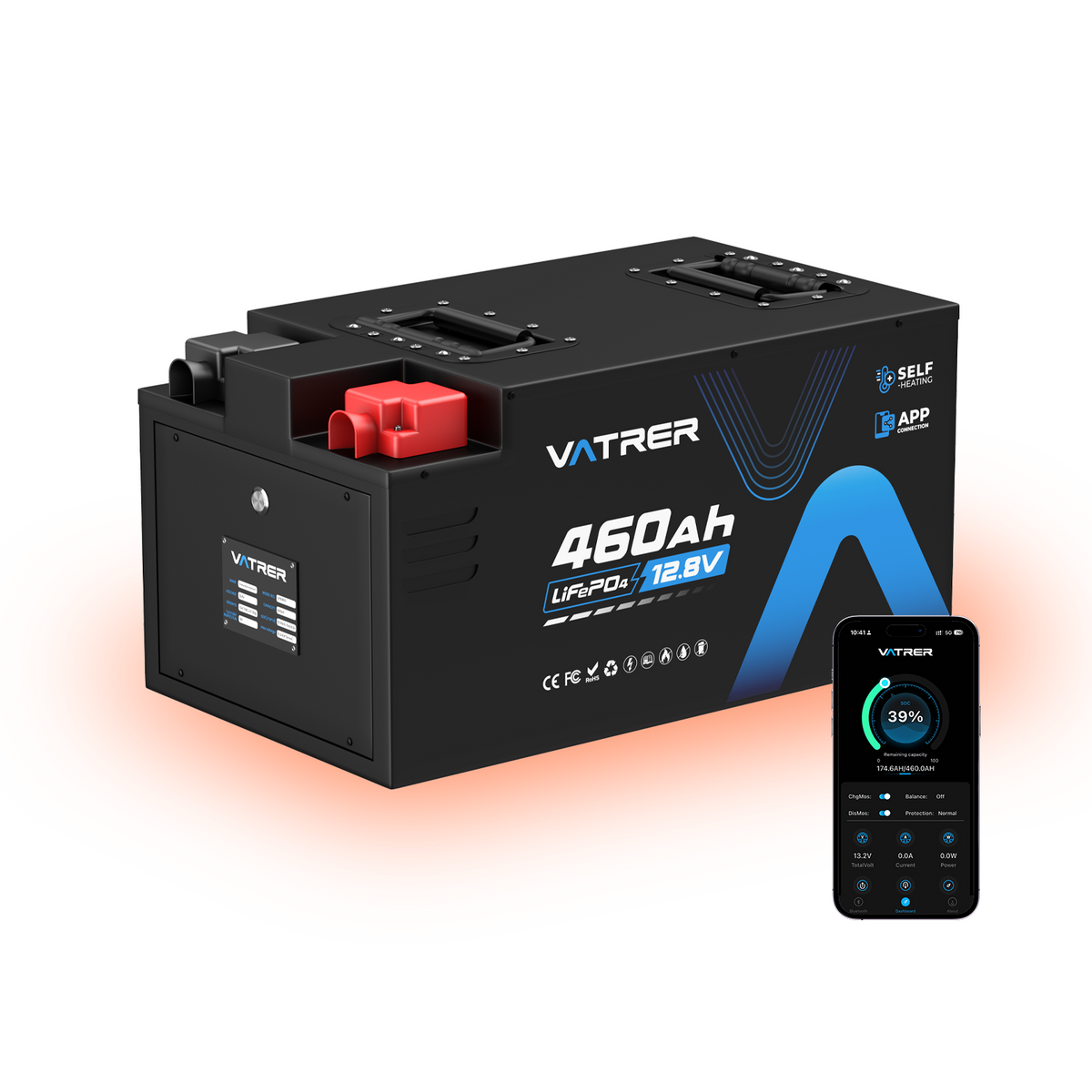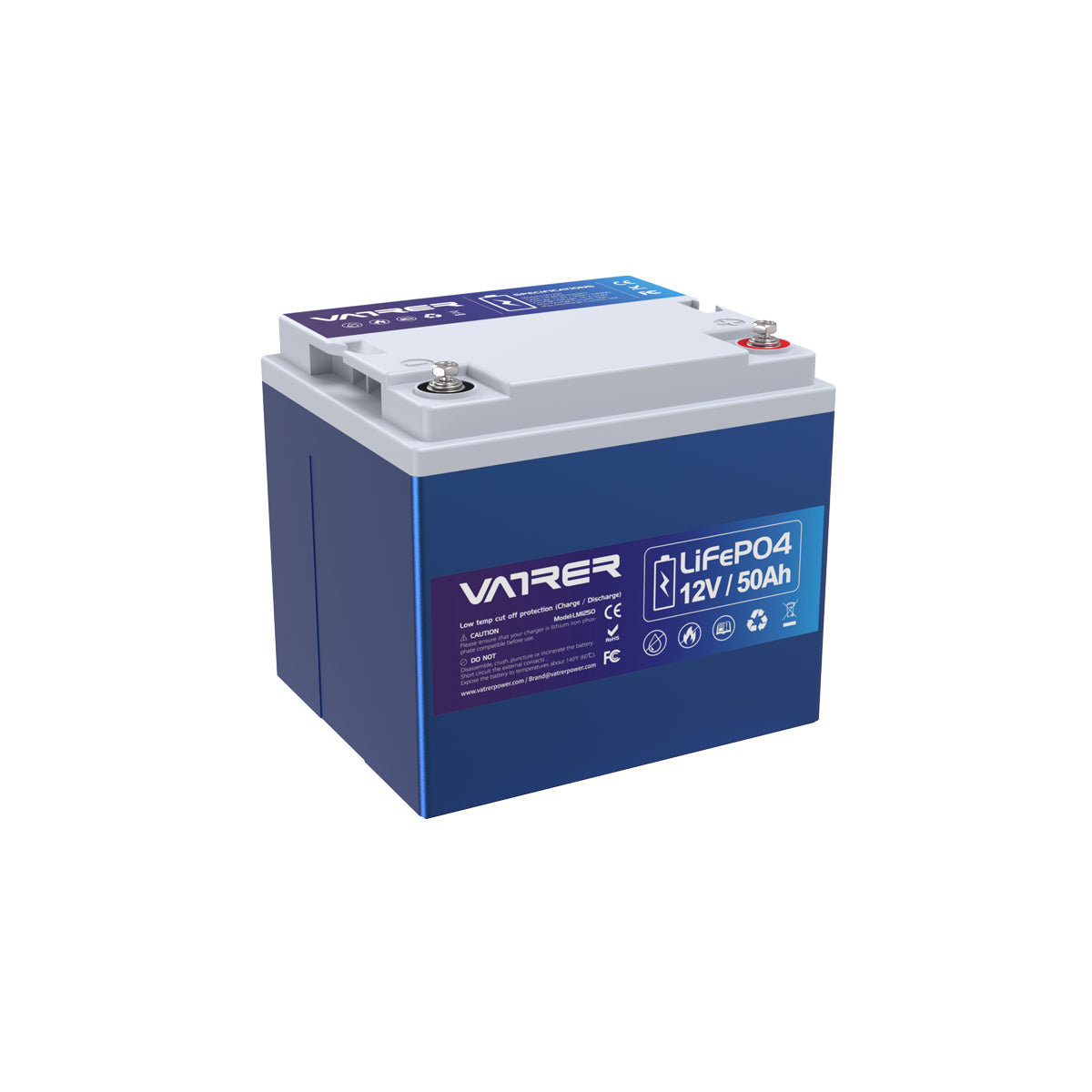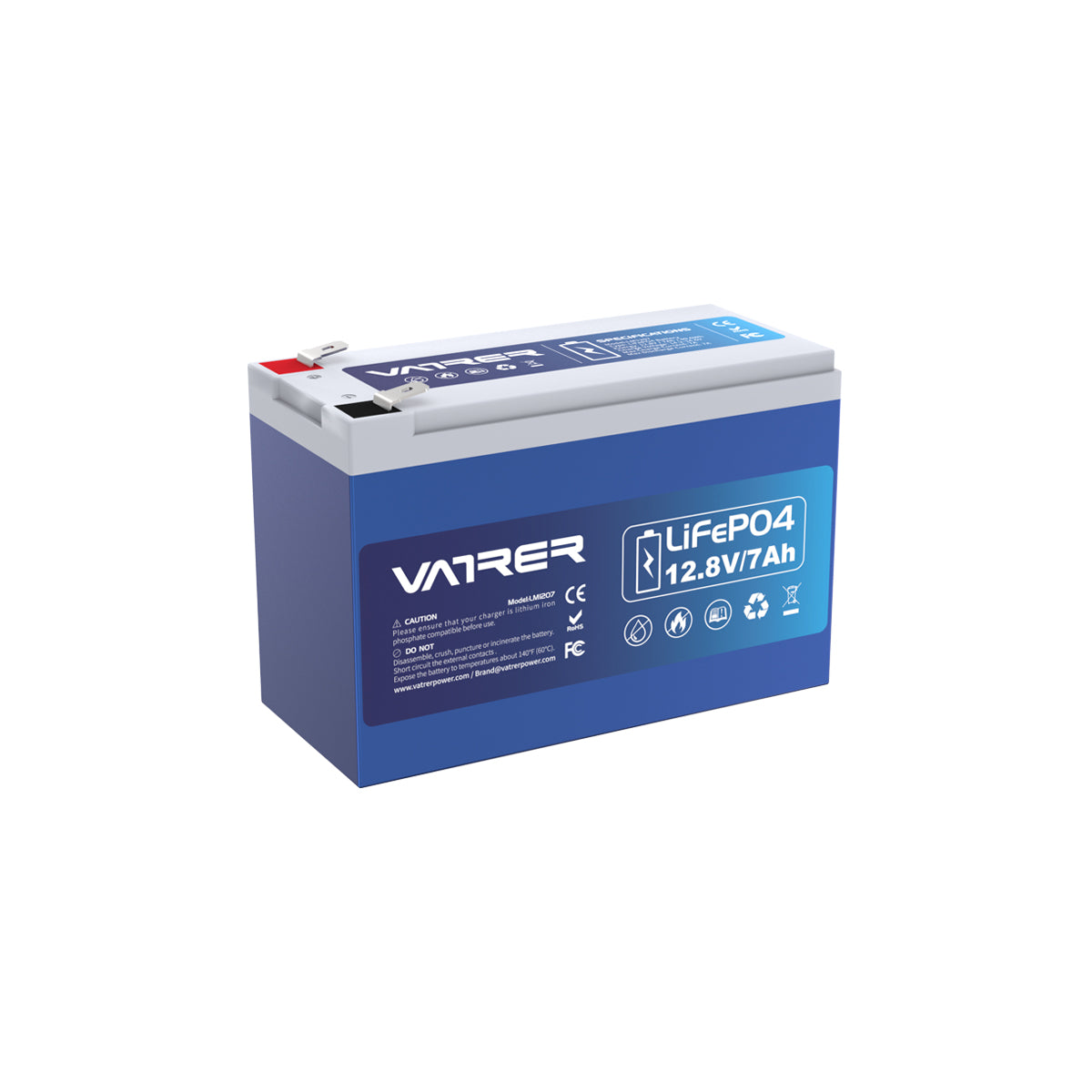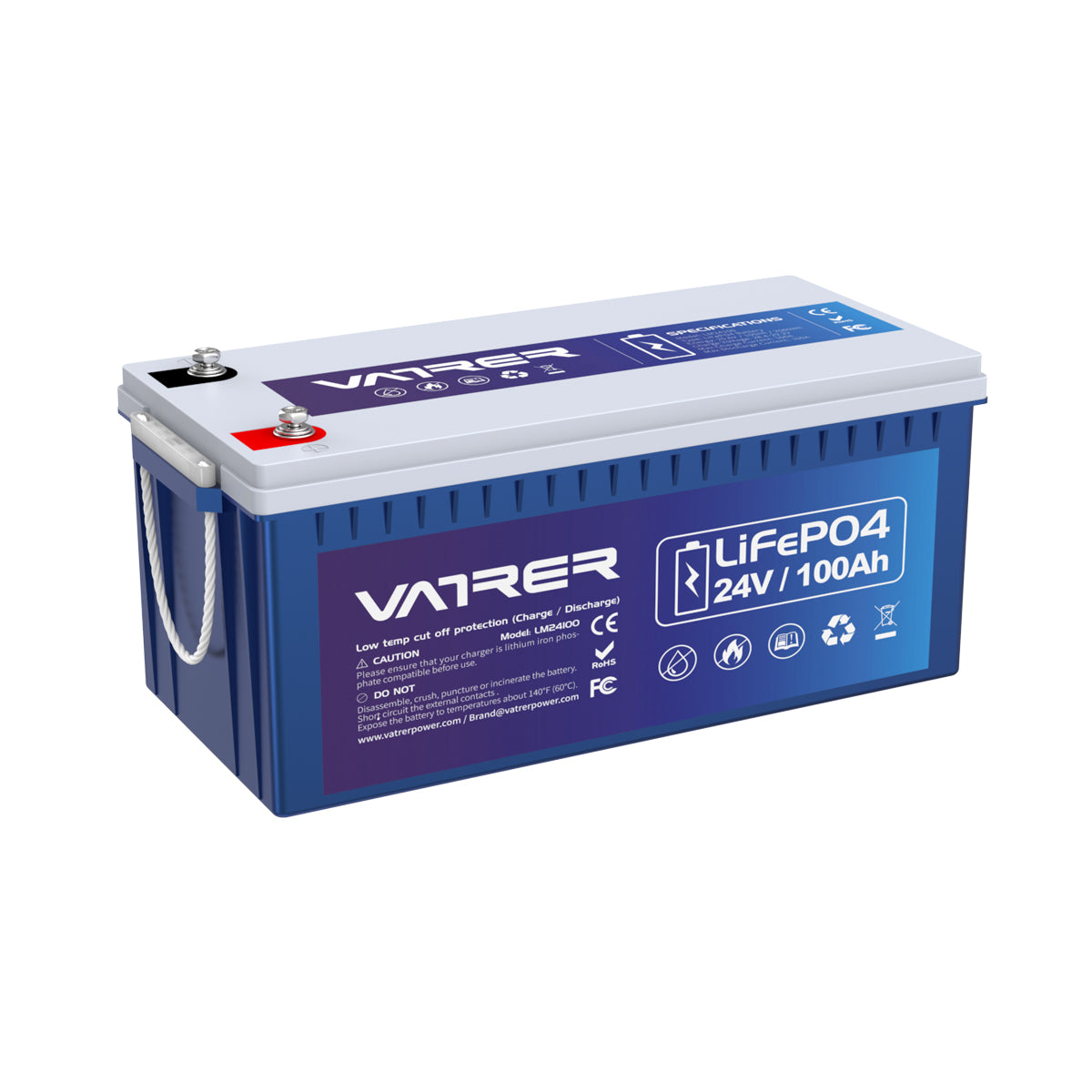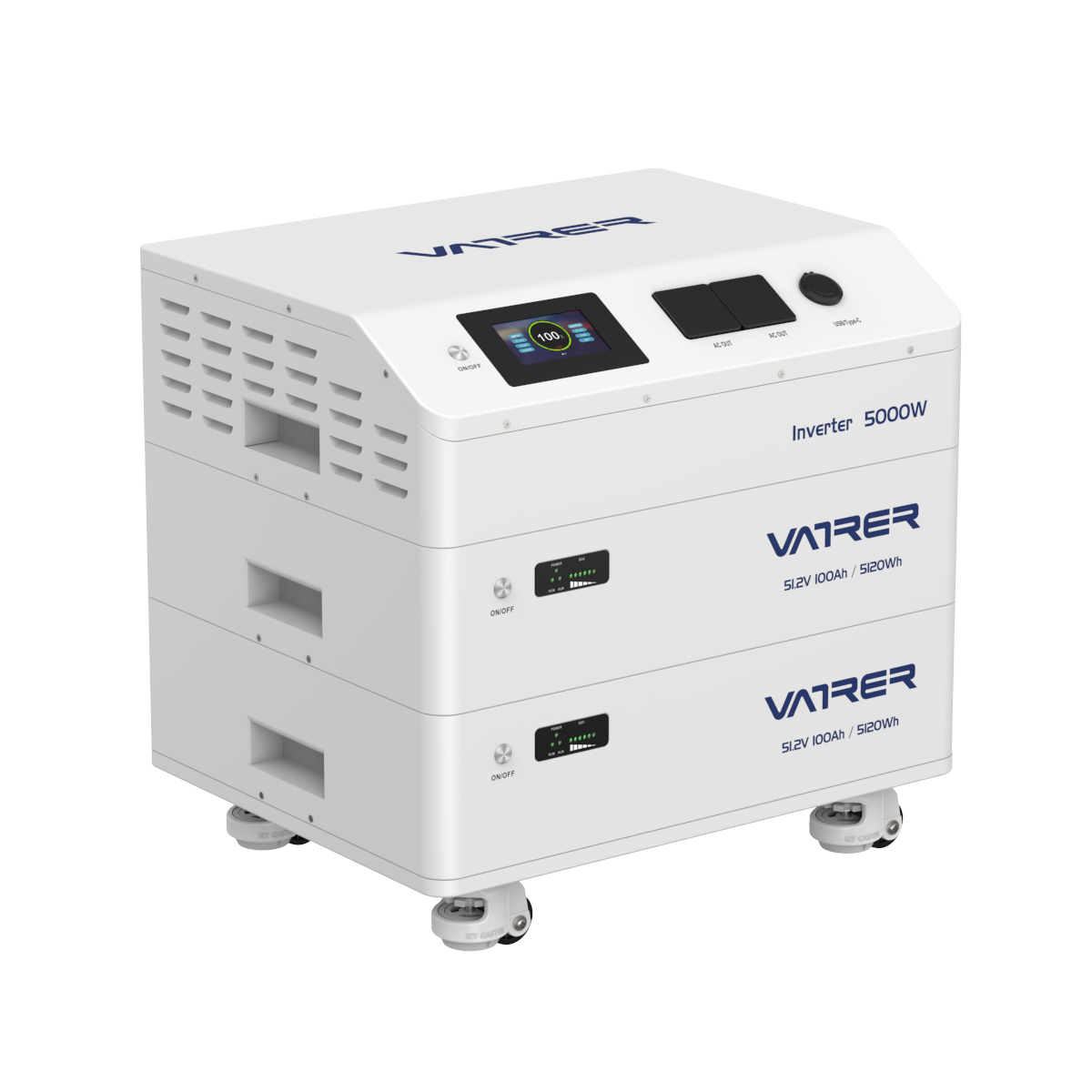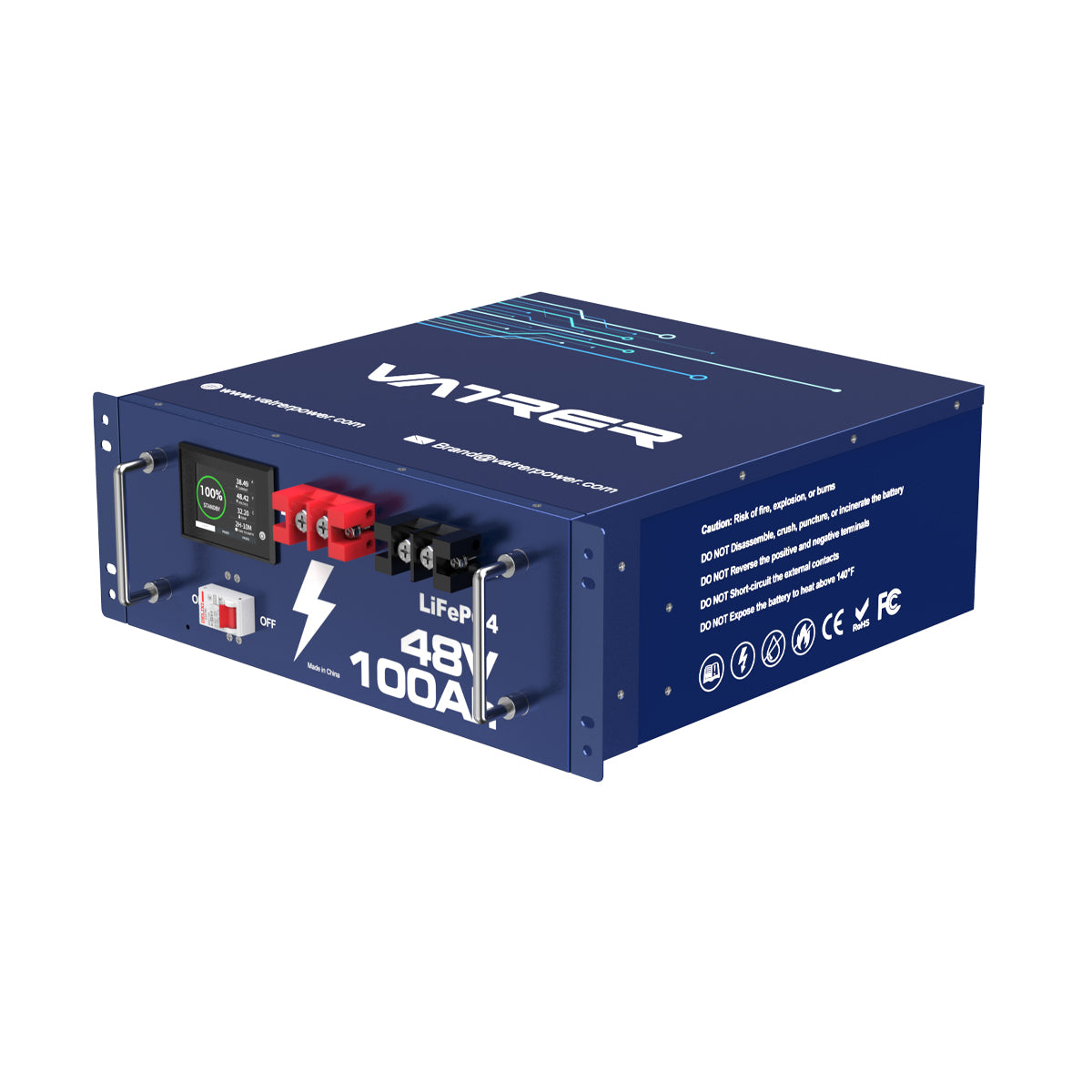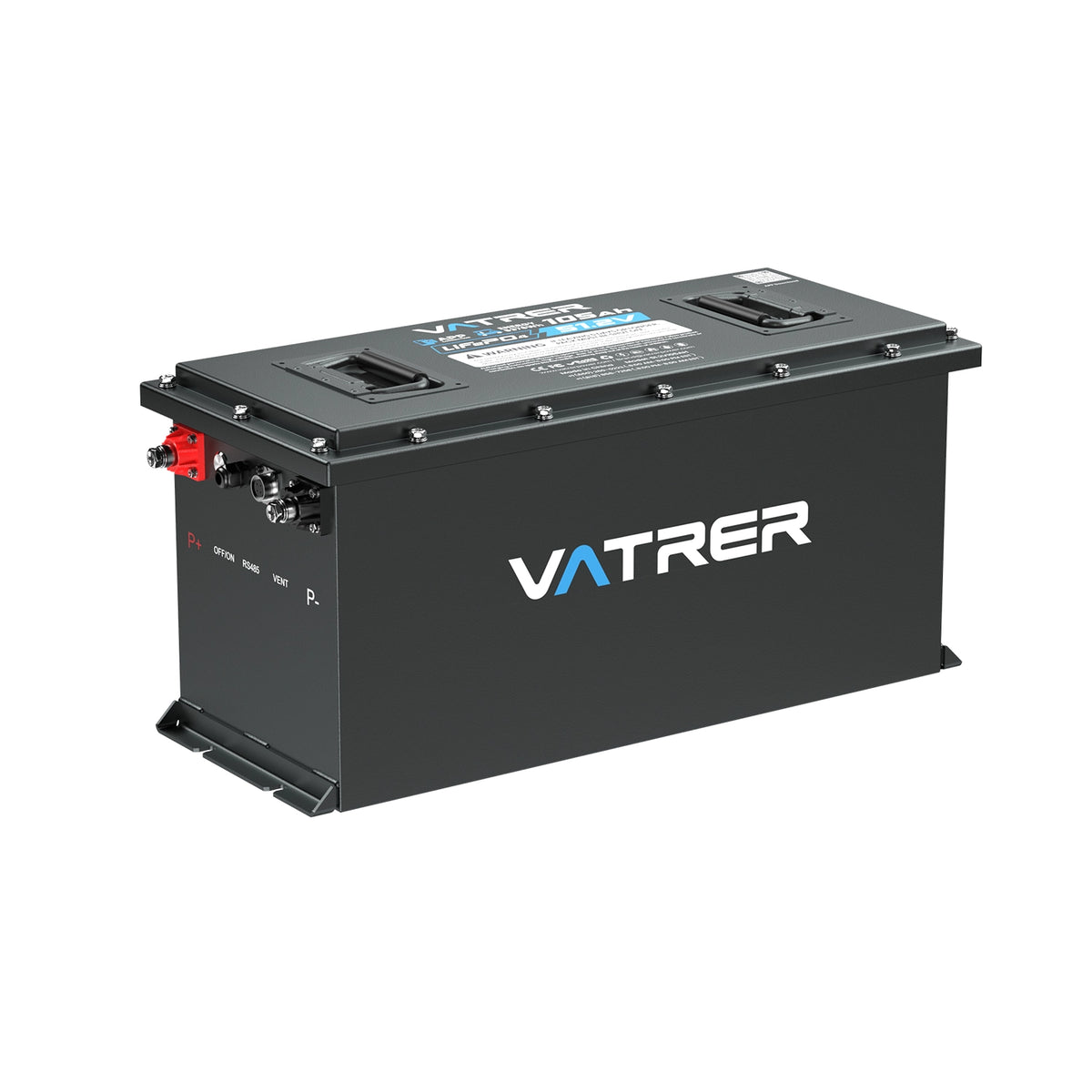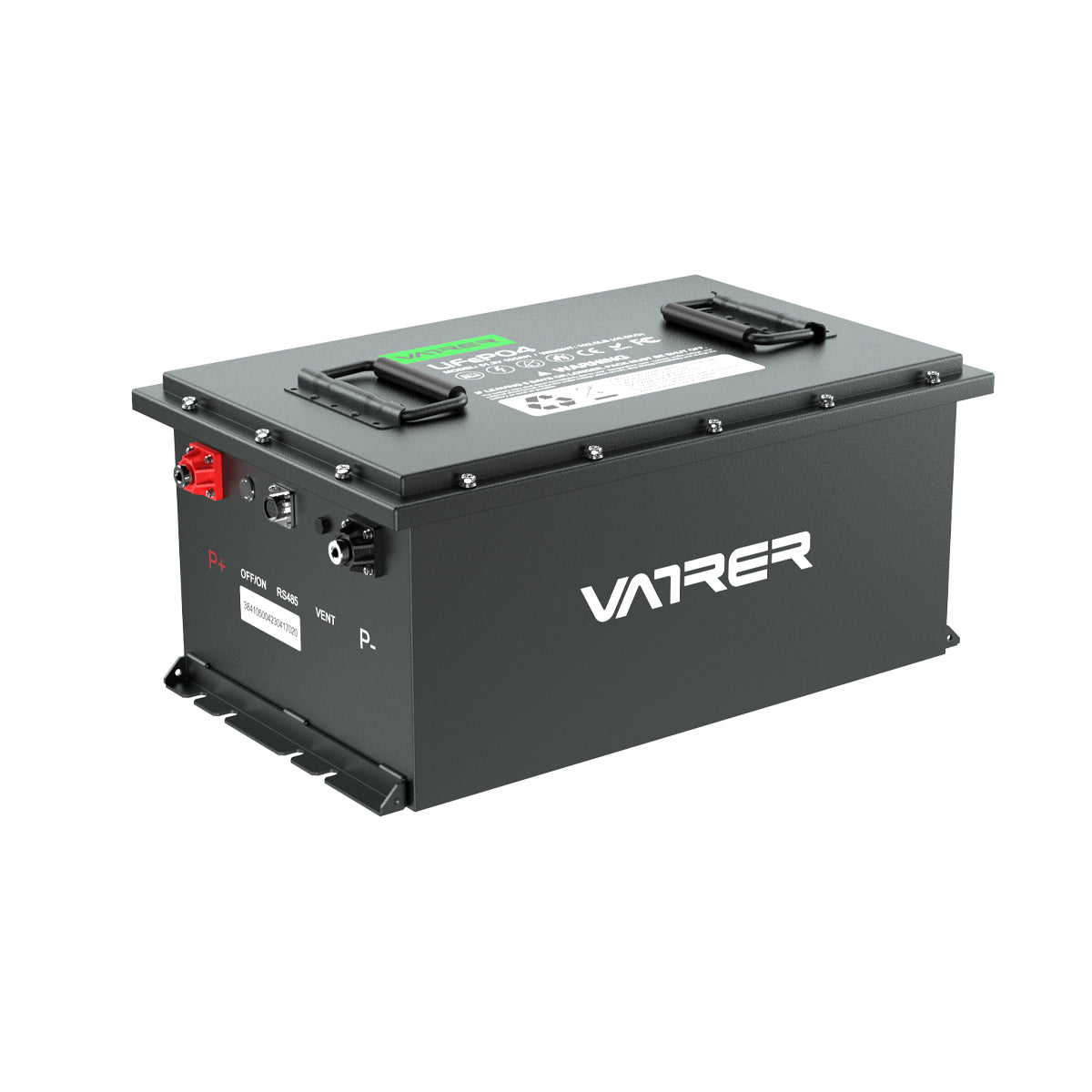Table of Contents
- Introduction
- What is A Heated Lithium Battery?
- How Does A Heating Battery Work?
- Do I Need A Heated Lithium Battery?
- What is the Low Temperature for A Heated LiFePO4 battery?
- What Are the Benefits of Self Warming Batteries?
- 1. Enhanced Performance in Cold Weather
- 2. Extended Battery Lifespan
- 3. Improved Safety
- 4. Reliable Performance in Harsh Environments
- 5. Versatility and Customization
- Challenges and Considerations
- Conclusion
Introduction
Welcome to our blog post on heated lithium batteries! In this article, we will dive into the fascinating world of heated lithium batteries, exploring their principles, applications, and benefits. Let's get started!
What is A Heated Lithium Battery?
A heated lithium battery is a specialized type of lithium-ion battery that incorporates a heating element within its design. Unlike standard lithium-ion batteries, which are sensitive to temperature variations, heated lithium batteries are equipped with internal resistance heating capabilities. This unique feature allows the battery to regulate its temperature, ensuring optimal performance in extreme environments.
How Does A Heating Battery Work?
A heating battery, also known as a heated lithium battery, works by incorporating a heating element into its design. This heating element is typically embedded within the battery and can be activated to generate heat when needed.
The heating element is connected to a power source, and when activated, it converts electrical energy into heat energy. The generated heat is then distributed evenly throughout the battery, helping to regulate its internal temperature.
The heating element in a heating battery can be controlled through various methods. It may be integrated with a temperature sensing mechanism that monitors the battery's temperature and activates the heating element when it falls below a certain threshold. This ensures that the battery maintains a suitable temperature range for optimal performance.
When the heating element is activated, the heat it generates helps to counteract the effects of cold temperatures. This is particularly important because low temperatures can significantly impact the performance and capacity of standard lithium-ion batteries.
By regulating the battery's temperature, a heating battery ensures that it operates within an optimal temperature range, even in extreme environments. This helps to maintain consistent power output, prolongs the battery's lifespan, and enhances safety.

It's worth noting that the heating element in a heating battery consumes additional energy. This can reduce the overall battery runtime compared to a standard lithium-ion battery. However, the benefits of maintaining a suitable temperature range outweigh this drawback, especially in applications where temperature variations can have a significant impact on battery performance.
Do I Need A Heated Lithium Battery?
The need for a heated lithium battery depends on your specific requirements and the environmental conditions in which your device will be used. Here are a few scenarios where a heated lithium battery could be beneficial:
Cold Weather Applications: If you plan to use your device in cold weather environments where temperatures drop significantly, a heated lithium battery can be advantageous. Cold temperatures can adversely affect the performance and capacity of standard lithium-ion batteries. The heating element in a heated lithium battery helps maintain the battery's temperature within an optimal range, ensuring consistent power output and preventing capacity loss.
1. Outdoor Electronic Devices
If your device is intended for outdoor use, especially in regions with extreme temperature variations, a heated lithium battery can be beneficial. Whether it's a GPS tracker, outdoor security camera, or remote sensor, these devices often need to operate reliably in harsh weather conditions. A heated lithium battery can help ensure the device's functionality and prevent issues related to temperature fluctuations.

2. Medical Devices
In certain medical applications, such as implantable devices, maintaining a consistent temperature is crucial for their proper operation. Heated lithium batteries can help regulate the temperature of these devices, ensuring their functionality and patient safety.

3. Aerospace Industry
Aerospace applications, including aircraft and satellites, often encounter extreme temperature variations. Heated lithium batteries are used to power critical systems in these environments, ensuring reliable operation despite temperature fluctuations.

It's important to note that the decision to use a heated lithium battery should consider factors such as cost, energy consumption, and integration requirements. Heated lithium batteries may be more expensive than standard lithium-ion batteries due to the additional components and technology involved. Additionally, the heating element consumes additional energy, which can reduce the overall battery runtime.
Ultimately, if your device will be exposed to extreme temperature conditions and maintaining consistent performance is critical, a heated lithium battery may be worth considering. However, it's always recommended to consult with a battery specialist or engineer to determine the most suitable power solution for your specific application.
What is the Low Temperature for A Heated LiFePO4 battery?
In general, LiFePO4 batteries typically have a recommended operating temperature range of -20°C to 60°C (-4°F to 140°F). Within this range, the battery can function properly and deliver optimal performance.
It is important to note that while LiFePO4 batteries can operate in a wide temperature range, maintaining the battery within the optimal operating temperature range of 0°C to 45°C (32°F to 113°F) is crucial for achieving the best performance, safety, and longevity.
Experiments have shown[1] that 288 Wh kg−1 lithium-ion battery can provide 152 Wh kg−1 energy and 1056 W kg−1 power at ultralow temperatures such as −40 or −50 °C, contrary to virtually no performance expected under two simultaneous extremes: 4.04 mAh cm−2 cathode loading and −40 °C. Unleashing this huge potential of current battery materials is achieved through a self-heating structure by embedding a micron-thin nickel foil in the electrochemical energy storage cell. The heating process from −40 to 10 °C consumes only 5.1% of battery energy and takes 77 s. Further, based on the chemistry agnostic nature of self-heating, we present a generic chart to transform rate capability of lithium-ion and lithium metal batteries. These illustrative examples point to a new era of battery structure innovation, significantly broadening the performance envelopes of existing and emerging battery materials for electrified transportation.

The heating element in a heated LiFePO4 battery helps regulate the battery's temperature, preventing it from dropping below the low-temperature limit. This allows the battery to maintain its capacity and performance even in extreme cold conditions.
It's important to note that the actual low-temperature limit for a heated LiFePO4 battery can vary depending on the specific design and implementation. The heating element's efficiency, power input, and overall battery system design will influence the battery's ability to operate at lower temperatures.
The Vatrer 12V 100AH LiFePO4 Heated Lithium Battery is designed to operate within specific temperature ranges. It has a charge temperature range of 0°C to 50°C (32°F to 122°F), a discharge temperature range of -20°C to 60°C (-4°F to 140°F), and a storage temperature range of -10°C to 50°C (-14°F to 122°F). These temperature ranges ensure proper functionality and longevity of the battery.
With its self-heating technology, monitoring capabilities, and adherence to recommended temperature ranges, the Vatrer 12V 100AH LiFePO4 Lithium Battery offers reliable and efficient power storage for a variety of applications.

What Are the Benefits of Self Warming Batteries?
Self warming batteries, specifically heated lithium batteries, offer several benefits that make them advantageous in certain applications. Here are some of the key benefits:
1. Enhanced Performance in Cold Weather
One of the primary advantages of heated batteries is their ability to operate reliably in cold weather conditions. Cold temperatures can significantly impact the performance and capacity of standard batteries, including lithium-ion batteries. However, heated batteries have integrated heating elements that help maintain a consistent temperature, allowing them to deliver optimal power output and prevent capacity loss in cold environments.
2. Extended Battery Lifespan
By maintaining a suitable temperature range, heated batteries can prolong their lifespan. Extreme temperatures, whether too high or too low, can accelerate the degradation of battery materials and decrease their overall longevity. The controlled heating in heated batteries helps mitigate these effects, ensuring a longer operational life.
3. Improved Safety
Temperature regulation in heated batteries contributes to improved safety. Extreme cold temperatures can cause a rapid decrease in battery efficiency, leading to potential malfunctions or even failure. Conversely, excessively high temperatures can increase the risk of thermal runaway or other safety hazards. The heating element in heated batteries helps maintain a safe and stable operating temperature range, minimizing the chances of safety incidents.
4. Reliable Performance in Harsh Environments
Heated batteries are highly suitable for applications in harsh environments. Whether it's outdoor electronics, aerospace systems, or medical devices, these batteries can withstand extreme temperature variations and continue to perform reliably. The ability to maintain optimal temperature levels ensures consistent power delivery, making them ideal for critical applications where downtime is not an option.
5. Versatility and Customization
Heated batteries can be designed and customized to meet specific requirements. The heating element can be tailored to provide the necessary warmth based on the desired operating temperature range and environmental conditions. This versatility allows heated batteries to be integrated into various devices and systems, catering to a wide range of applications.
Challenges and Considerations
While heated lithium batteries offer numerous advantages, several considerations must be taken into account:
1. Energy Consumption
The heating element in these batteries consumes additional energy, reducing the overall battery runtime.
2. Design and Integration
Implementing a heating element requires careful design considerations to ensure compatibility with the target device and efficient heat distribution.
3. Cost
Heated lithium batteries may be more expensive than conventional lithium-ion batteries due to the additional components and technology involved.
Conclusion
Heated lithium batteries are a remarkable innovation in the field of energy storage. With their ability to regulate temperature, they provide reliable power solutions in challenging environments. Whether in extreme weather conditions or critical applications, these batteries play a crucial role in ensuring optimal performance and safety. As technology evolves, we can expect further advancements and applications for heated lithium batteries in the future.
Reference
1. Transforming rate capability through self-heating of energy-dense and next-generation batteries (Journal of Power Sources, Volume 510, 31 October 2021, 230416)







